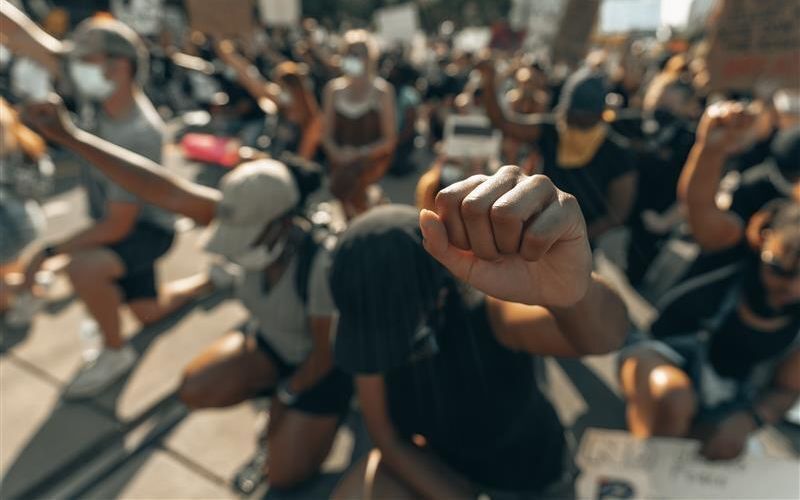Photo by Clay Banks on Unsplash
Global social justice issues encompass a wide range of challenges that affect individuals and communities worldwide. Here are some significant global social justice issues:
- Poverty and Economic Inequality: Poverty and economic inequality persist in many parts of the world, with marginalized communities often lacking access to basic necessities, quality education, healthcare, and economic opportunities. Achieving economic justice involves addressing wealth disparities, promoting inclusive economic growth, examining, modifying and implementing socially just and responsible policies and ensuring fair distribution of resources.
- Gender Inequality: Gender inequality remains a pressing issue globally, with women and gender diverse individuals facing discrimination, violence, limited access to education, fewer economic opportunities, and less decision-making power. Achieving gender justice involves promoting equal rights, challenging patriarchal norms, and ensuring gender equity in all aspects of life.
- Racial and Ethnic Discrimination: Racial and ethnic discrimination continues to be a significant social justice concern, with systemic racism impacting marginalized communities worldwide. Addressing racial injustice requires challenging discriminatory practices, promoting inclusivity, fostering intercultural understanding, reducing/eliminating fear of “the other” and advocating for racial equity.
- Access to Education: Education is a fundamental human right, yet millions of children and adults globally still lack access to quality education. Social justice in education involves ensuring equal educational opportunities, eliminating barriers to education, and promoting inclusive and equitable learning environments.
- Climate Justice: Climate change disproportionately affects marginalized communities, exacerbating existing social injustices. Climate justice seeks to address environmental inequalities and promote sustainable development practices that prioritize the needs of vulnerable populations. It involves mitigating climate change, adapting to its impacts, and ensuring equitable access to resources and opportunities.
- Human Rights Violations: Human rights violations persist globally, including issues such as arbitrary detention, torture, discrimination, persecution, and violations of freedom of expression, association, and assembly. Promoting social justice requires safeguarding human rights, advocating for the rights of marginalized groups, and holding perpetrators accountable.
- Access to Healthcare: Access to affordable and quality healthcare remains a challenge in many parts of the world, with marginalized communities often facing barriers to essential healthcare services. Ensuring healthcare justice involves promoting universal healthcare, addressing health disparities, and ensuring equitable access to healthcare resources.
- Migration and Refugee Rights: With increasing displacement and migration, protecting the rights and dignity of migrants and refugees is a global social justice concern. It involves addressing issues such as forced displacement, human trafficking, discriminatory immigration policies, and ensuring the provision of humanitarian assistance and support.
- Indigenous Rights: Indigenous communities face ongoing challenges related to land rights, cultural preservation, self-determination, and systemic marginalization. Social justice requires recognizing and respecting the rights and sovereignty of indigenous peoples, addressing historical injustices, and promoting inclusive and equitable policies and practices.
- Peace and Conflict Resolution: Promoting peace, resolving conflicts, and addressing the root causes of violence are critical social justice issues globally. This includes supporting efforts for disarmament, preventing armed conflicts, promoting dialogue, and addressing issues such as war crimes, human rights abuses, and transitional justice.
These global social justice issues demonstrate the need for collective action, systemic change, and international cooperation to address the diverse and interconnected challenges facing humanity. Efforts towards social justice require collaboration, advocacy, policy reforms, and a commitment to human rights and dignity for all.

